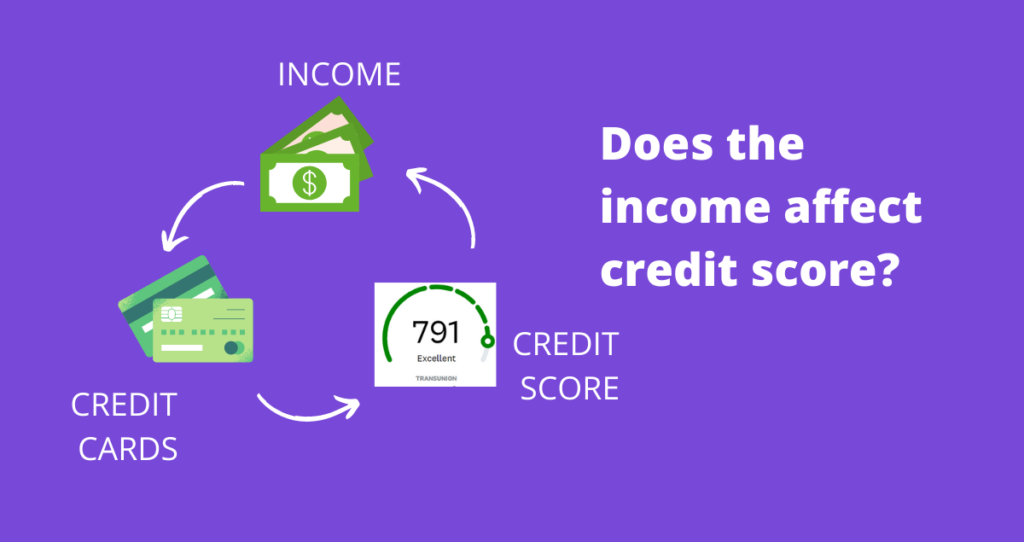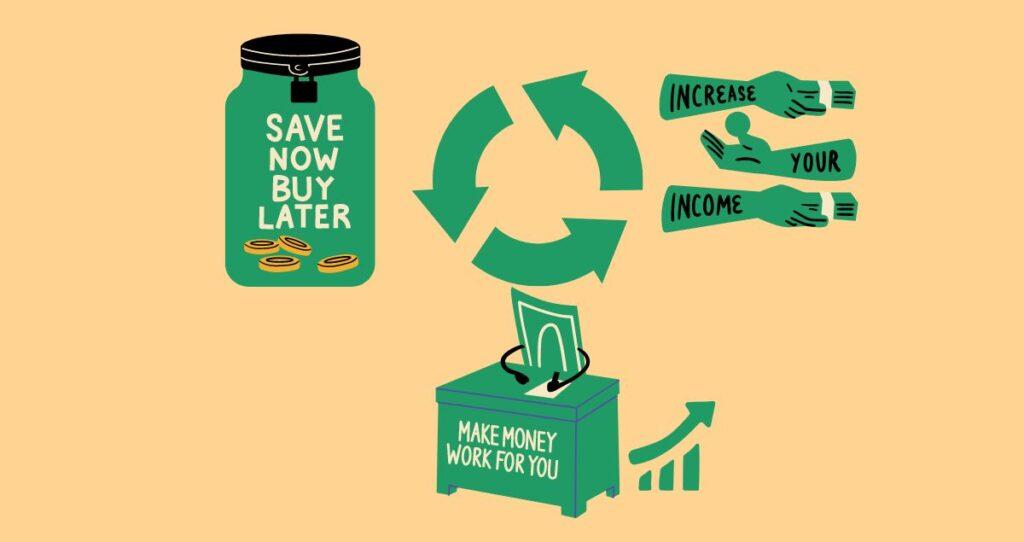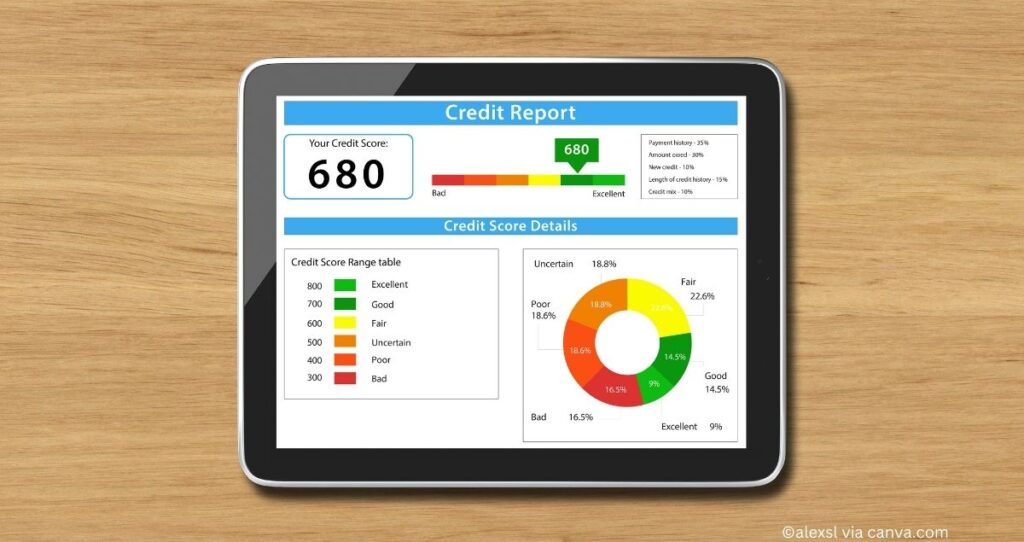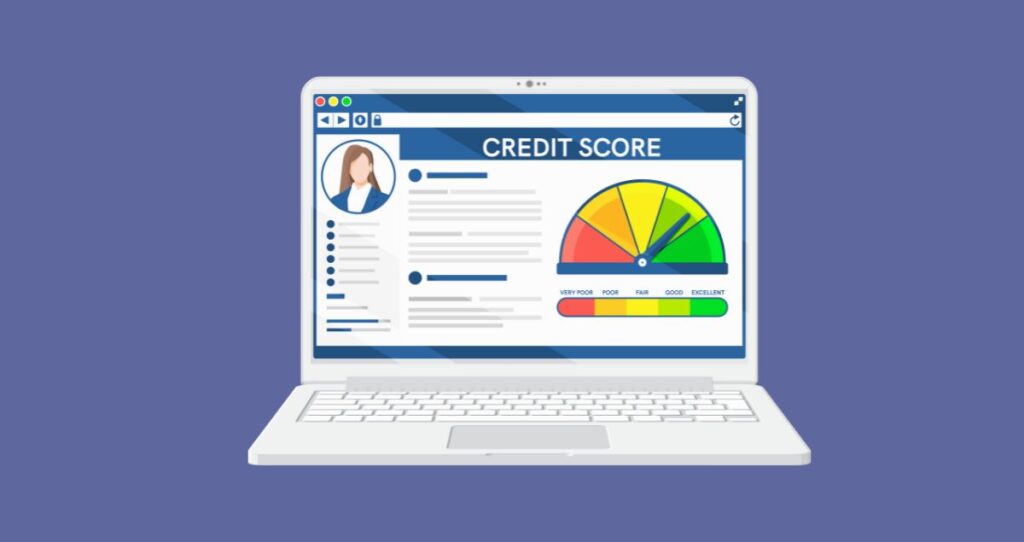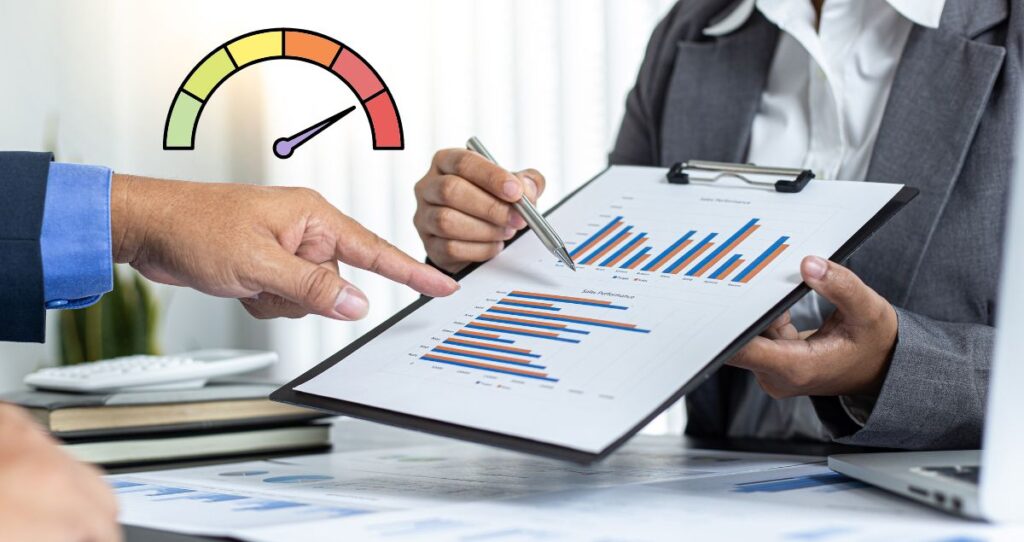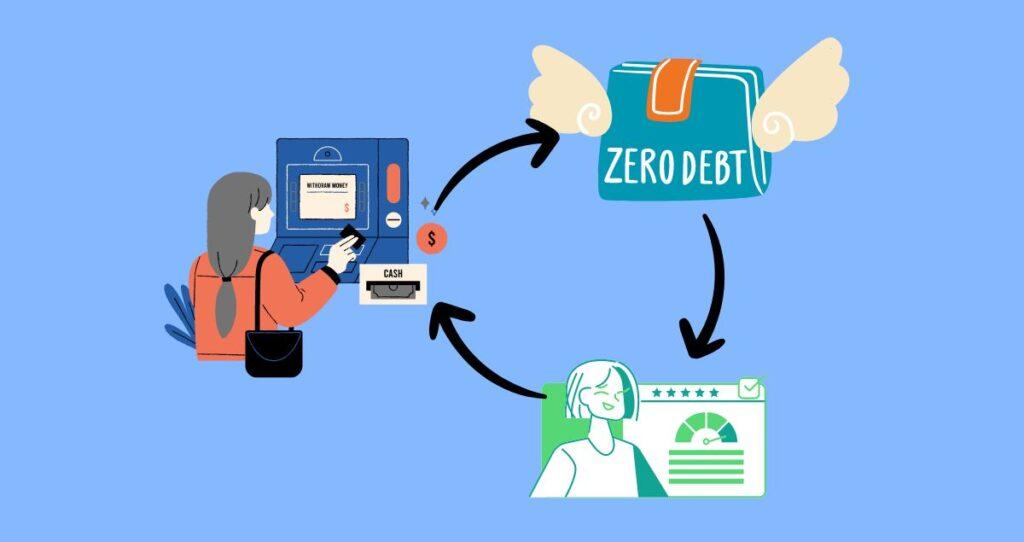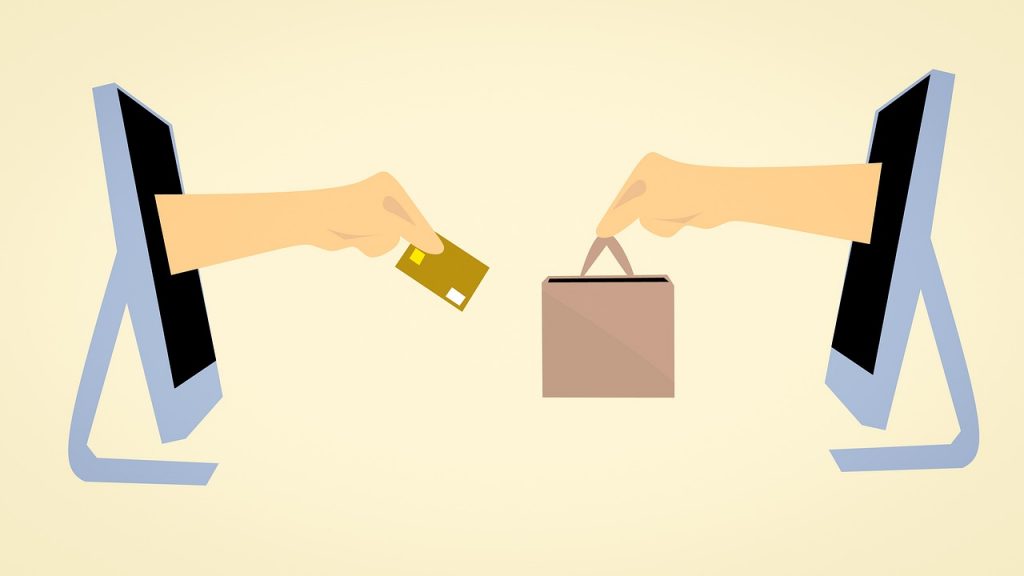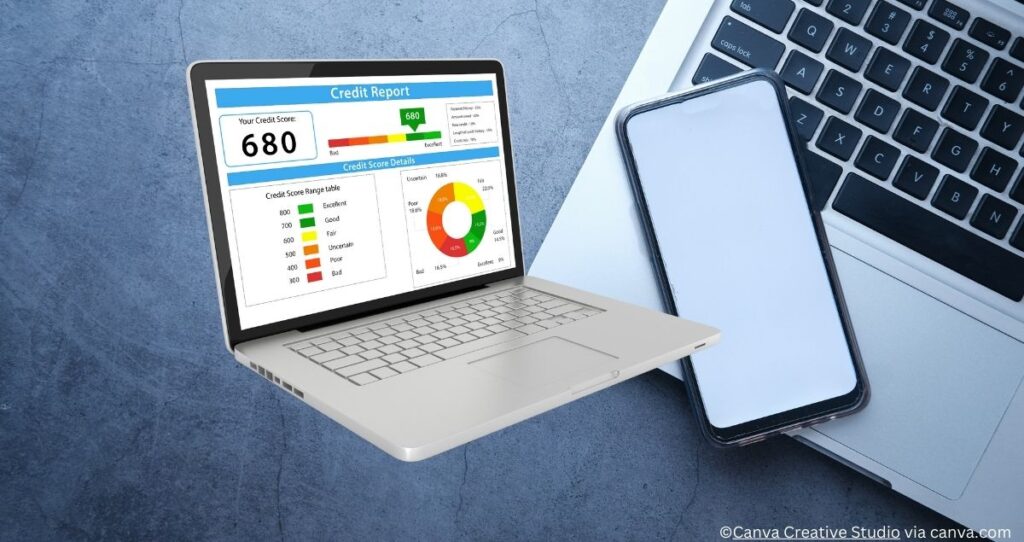Does income affect credit scores? Will your credit score go down after losing a job?
Generally, income does not directly affect your credit score. This is because income is not reported in credit reports from TransUnion, Equifax, and Experian, which are used to calculate your credit score. However, there are circumstances under which a change in income can lead to a decrease in your credit score. For example, a job loss can result in a late payment on your credit reports, which will drop your credit score.
Your income can also be used to calculate your DTI ratio, which is a major factor lenders evaluate when you apply for loans. While your DTI might not directly affect your credit score, you might not qualify for loans and credit cards if you have more debt than your income.
This article will examine conditions under which income affects credit scores and give tips on boosting your score and qualifying for loans even if you live paycheck to paycheck.
Why is a credit score important?
Lenders use your credit score to assess your creditworthiness. Before you qualify for loans and credit cards, lenders will evaluate if you can repay your loan balances plus interest. One way to find this information is to use your credit score and your credit history. A high credit score means you pose less risk to lenders, while a lower credit score makes you a risky borrower.
A good credit score will help you qualify for loans at lower rates and favorable terms.
Your credit score can also help you qualify for rental applications or get discounts on some business services and subscriptions. For example, a utility company discounts customers with good credit scores or waives their deposits. Credit scores are used in some states as part of the job application screening processes.
Related: Why is a credit score important?
Does income affect credit score?
The short answer: Your income does not directly affect your credit score. This is because your credit score is based on how you handle credit, including how much money you have borrowed, how you pay it off, credit utilization, and personal life events such as bankruptcy and foreclosures. This information is directly pulled from your credit reports. Your income, however, is not reported in credit reports from Equifax, TransUnion, and Experian.
Losing a job or decreasing earnings can affect some factors that affect your credit score, increasing the risk of dropping a credit score. For example, if you cannot afford to pay the minimum monthly payments on your loan, a late payment will be reported on your credit reports, and your credit score will drop.
Does unemployment affect credit score?
Being unemployed will affect your credit score only if it will affect your ability to fulfill your debt obligations. That is, losing a job can indirectly affect your credit score. For example, if you have a mortgage, there is a chance that you will not be able to afford your monthly payments for many reasons, including a loss of income, a high cost of living, a life change, etc. Failing to make these mortgage payments will lead you to default on the mortgage and foreclosure afterward.
A foreclosure will directly affect your credit score. As reported by FICO, your credit score will drop 100 points or more from foreclosure. Other events in your life can potentially impact your credit score due to unemployment. For example, a loss of income can easily lead to bankruptcy, one of the biggest factors that lowers your credit score. Or if you have lost your job and cannot afford to make monthly payments on your credit card, you will have late payments.
Since payment history accounts for 35% of your total FICO credit score calculation, having a late payment on credit reports will drop your credit score.
What if you lose your job and still have savings to fulfill your debt requirements? Will your credit score drop because you lost a job? In this case, your credit score will not drop since the job loss did not affect your ability to make your monthly payments.
What affects credit score?
If your income does not directly affect your credit score, what affects it? How is your credit score calculated?
Here are the factors affecting your FICO score.
Payment history
Payment history is the biggest factor affecting your credit score, accounting for 35% of your FICO score. Failing to pay your bills on time automatically lowers your credit score and makes you a risky borrower. Paying your bills before the due dates, establishing reminders, and taking advantage of auto-pay are great ways to ensure your bills are paid on time.
Credit utilization
The second biggest factor affecting your credit score is your credit utilization, which accounts for 30% of your FICO score. Credit utilization refers to how much you have spent on revolving credits compared to your total credit limit. A higher utilization indicates that you might be relying on debt to finance your lifestyle or have no financial means to sustain your expenses, making you a risky borrower. Keep your credit utilization under 5% to get an excellent credit score.
Age of credit
How long you have been borrowing and paying it off will show lenders whether you can be trusted. That is, you need a good credit history to qualify for loans. If you recently got your first credit, do not expect to have a perfect or near-perfect credit score. Your track record will directly affect your credit score calculation and account for 15% of your FICO score calculation.
Consumers with an 800+ credit score usually have over 10 years of credit history. However, you can still have an excellent credit score in about five years if you use your credit responsibly by paying your bills on time and keeping your credit reports clean and updated.
Credit Mix
A credit mix is a combination of credit you have. For example, you can have revolting and non-revolving credits. Your ability to handle different types of credit shows that you are good at handling different types of debt, making you a less risky borrower.
A good credit history usually consists of revolving credit, such as credit cards, and installment loans, such as mortgages and car loans.
How do you repair a bad credit score?
Rebuilding bad credit usually requires simple steps, starting with responsible credit usage. If you want to rebuild your bad credit, check out the following credit-building strategies.
- Clean up your credit reports. Get free copies of your credit reports from each major credit reporting agency and dispute inaccuracies and fraudulent activities. This will also allow you to dispute removable negative items from your credit reports.
- Make all your payments on time. Making your monthly payments on time for all debts will help you raise your credit score fast since payment history accounts for 35% of your FICO score.
- Reduce your credit utilization. Keeping your credit utilization under 5% can help you increase your credit score fast. This is because a lower credit score shows you are a responsible credit user with other financial means to finance your lifestyle.
- Avoid applying for credit very often. When you apply, the lender pulls up your credit profile. This generates a hard pull on your credit reports and lowers your credit score by 5 to 6 points on average.
- Become an authorized user of a credit card account. If you know someone with an excellent credit score, ask them if you can be added to the account as an authorized user.
- Get a credit builder loan. Getting a credit builder loan can help you have more activities on your credit reports and increase your credit score.
